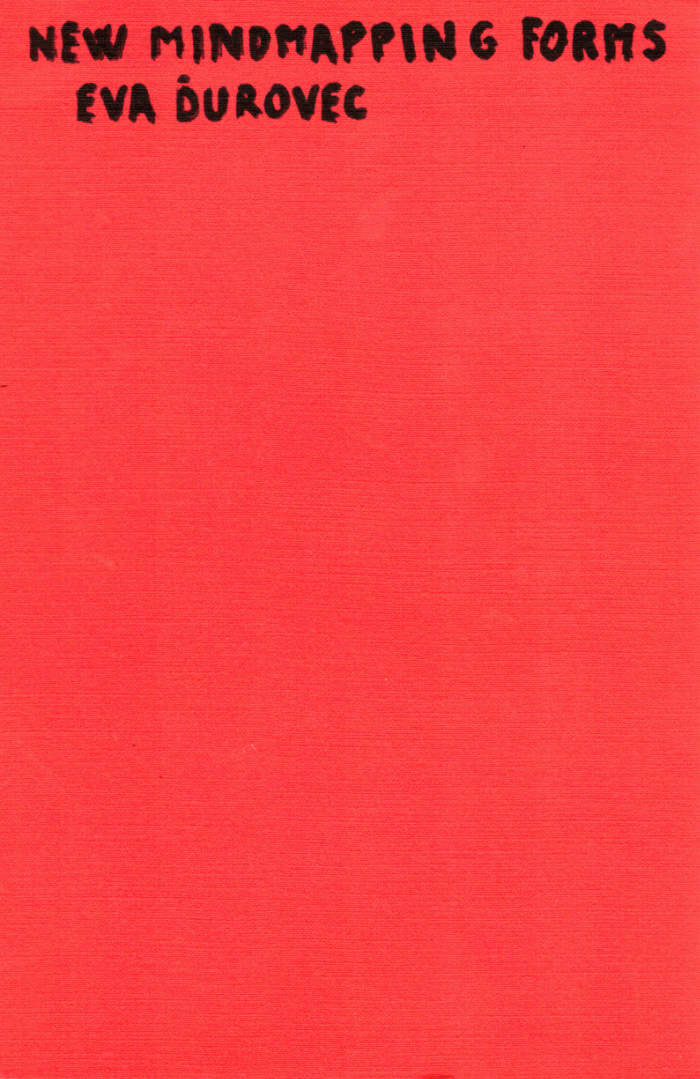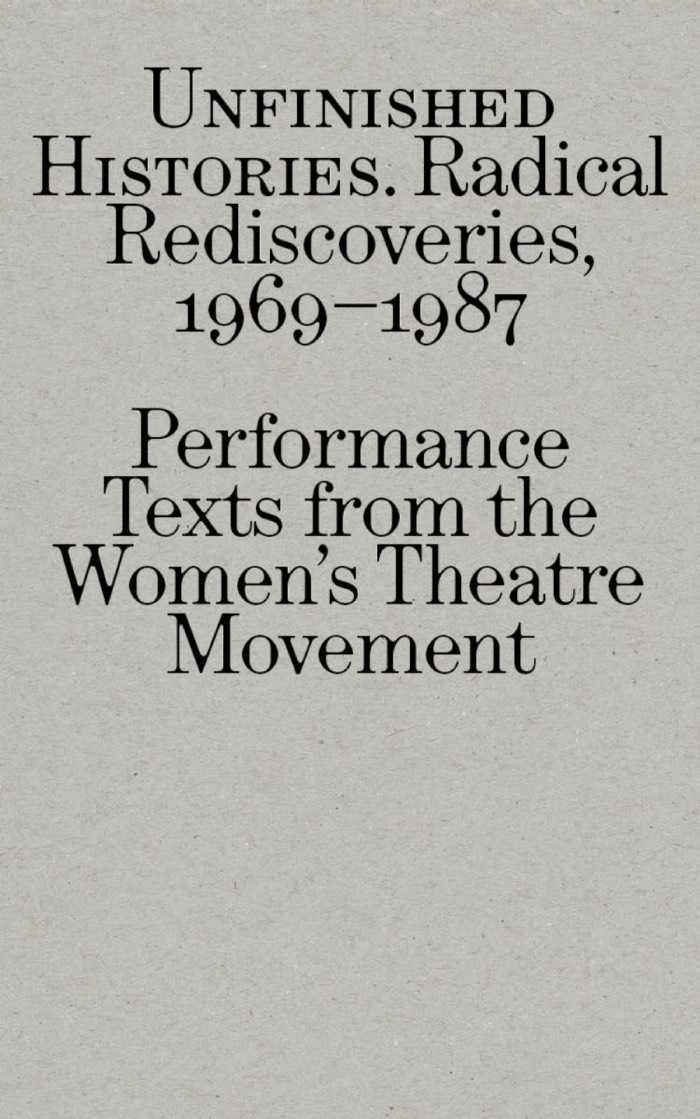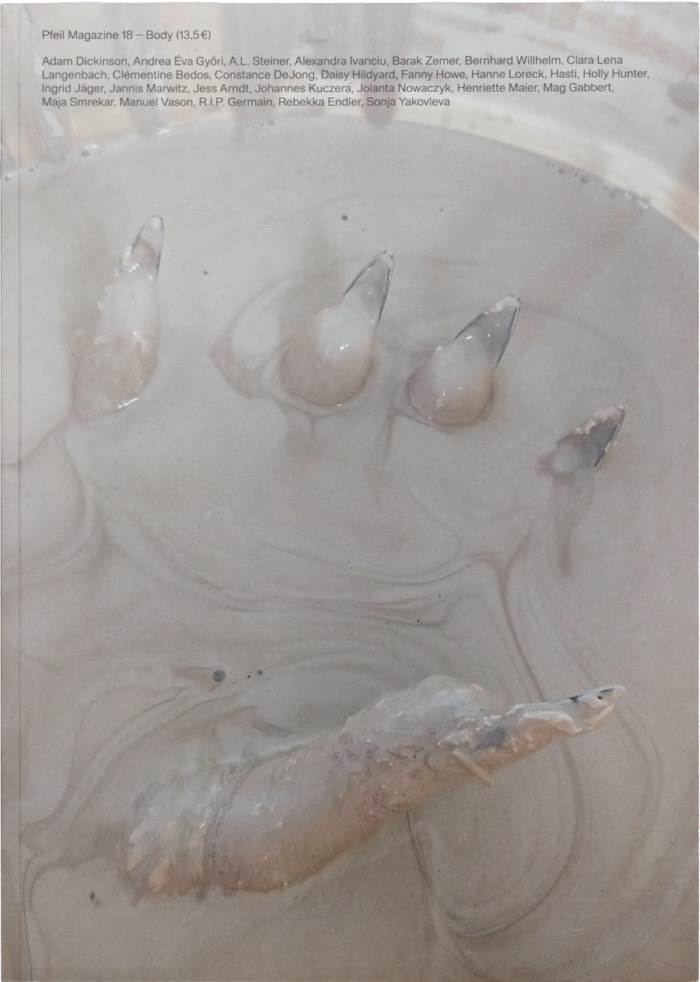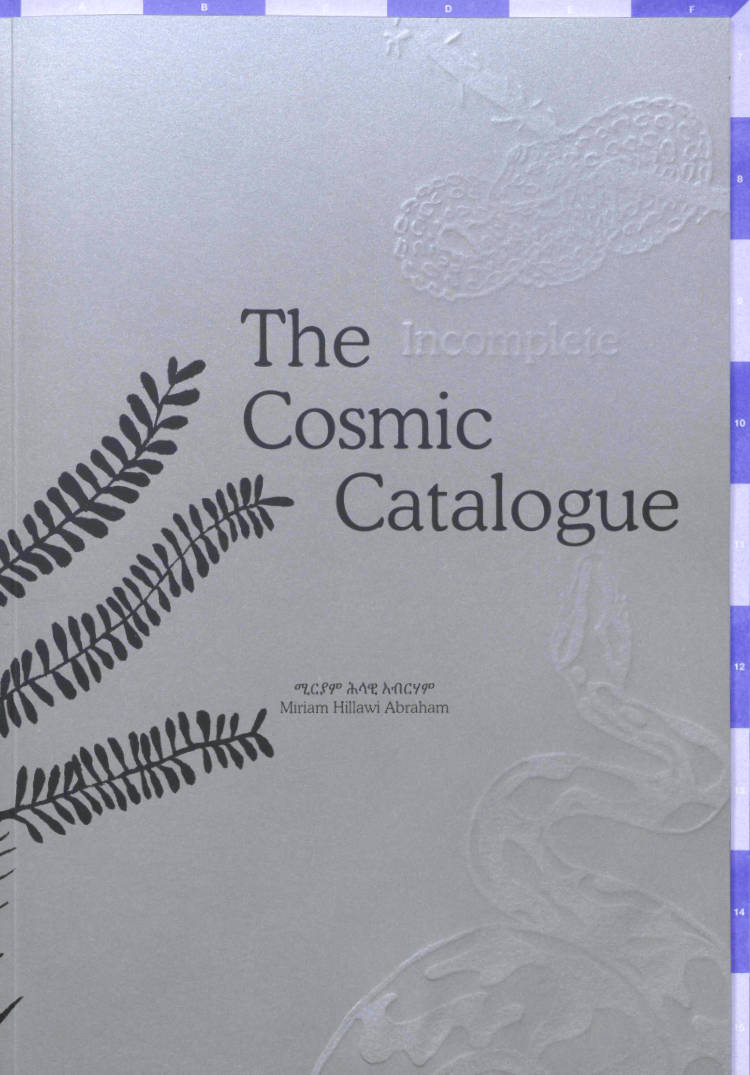
New Mind Mapping Forms
There is a story about a meatball which comes out of nowhere, hitting some people's heads and changing their lives forever. There is a mouse that gets caught while trying to find a cheesy snack. There has been a 100% increase in the cost of rent in Berlin in the past 10 years and no increase in my wages. A bag full of basmati rice. A teacher stuck at work waiting for students stuck at work. There is the price one pays to purchase organic underwear so that their intimate parts are not stifled from nine hours in the office chair. There are 10 missed calls from my mother. There are places to which one cannot return and cities where it is impossible to live. There are fertility treatments that send fish oil straight into the veins two days before and two days after ovulation. The feeling of a needle in the middle of the uterus, which could be due to pregnancy, or due to fear. There is a Master's thesis which is no Master's thesis. There is a book that was not intended to be published, that was not intended to be read.
Eva Ďurovec works as a software tester 40 hours per week and studies art at the same time. There are not enough hours in the day to complete everything, to comply with everything. And then there is also her desire to have children. The question: how can all of this be reconciled within the profession of artist? Ďurovec investigates the possibilities that arise from different class formats, and asks what we produce and reproduce—with our bodies, through our routines, trapped between the recurring desires and cruelties of daily life.
Eva Ďurovec (*1981 in Snina, former Czechoslovakia) studied Spatial Strategies at Kunsthochschule Berlin-Weiensee. Her work deals with living-space and life-fulfillment in the context of social, economic, and environmental crises, and with issues of corporate power and kleptocracy.







